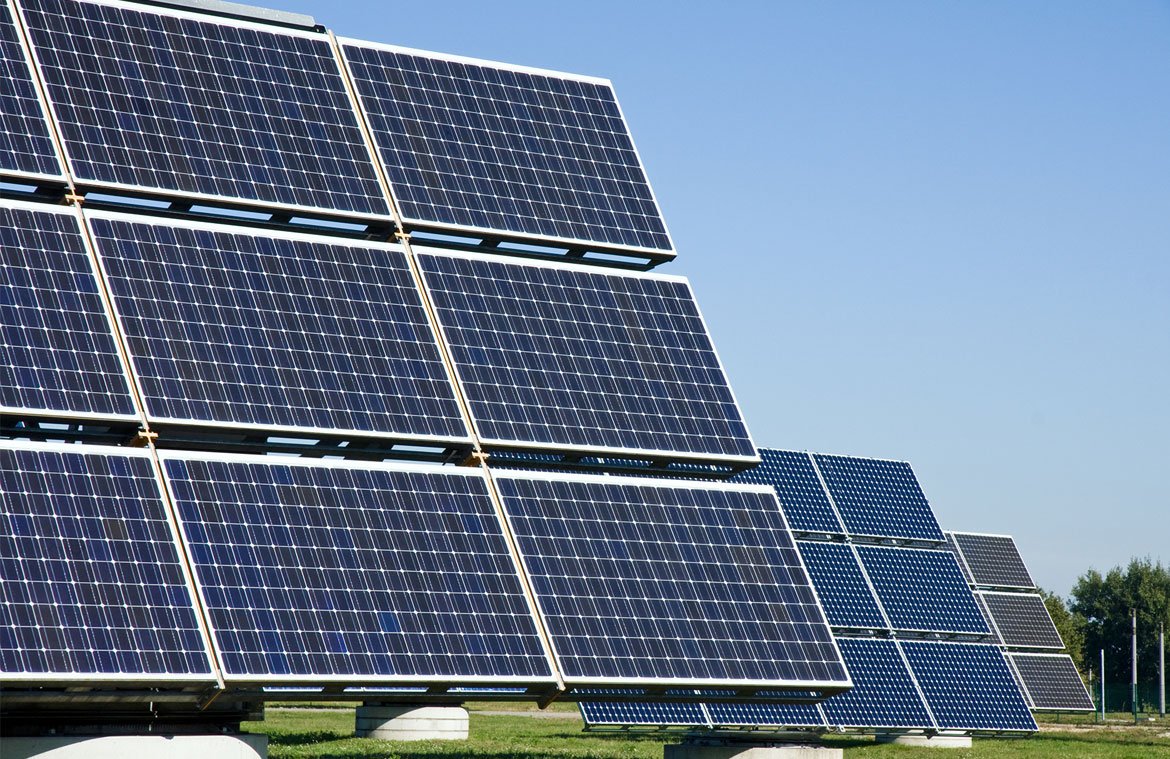
Off grid
Definition These systems allow you to store your solar power in batteries for use when the power grid goes down or if you are not on the grid.
Advantages of Off-Grid Solar Systems:

Energy Independence: Off-grid solar systems offer individuals and communities the freedom to generate their own electricity, independent of centralized utility providers. This energy autonomy is particularly valuable in remote areas where grid infrastructure is lacking or unreliable.
Remote Accessibility: Off-grid solar systems extend access to electricity to remote and off-grid locations, empowering communities in rural areas, islands, and developing regions to meet their energy needs sustainably. These systems serve as a lifeline for powering essential services, such as healthcare facilities, schools, and telecommunications.
Environmental Sustainability: By harnessing solar energy, off-grid systems reduce reliance on fossil fuels, mitigate greenhouse gas emissions, and promote environmental stewardship. They offer a clean, renewable alternative to traditional energy sources, contributing to climate resilience and ecological preservation.
Resilience and Reliability: Off-grid solar systems provide a reliable source of electricity, even in the face of grid outages, natural disasters, or emergencies. With battery storage capabilities, these systems offer energy resilience and ensure uninterrupted power supply when conventional infrastructure fails.
Components of Off-Grid Solar Systems:
Solar Panels: Photovoltaic (PV) panels are the cornerstone of off-grid solar systems, converting sunlight into electricity through the photovoltaic effect. These panels are installed on rooftops, ground mounts, or other suitable locations to capture solar energy efficiently.
Charge Controller: Off-grid systems incorporate charge controllers to regulate the flow of electricity from solar panels to batteries, preventing overcharging and maximizing battery lifespan. These controllers optimize energy management and ensure safe and efficient operation of the system.
Battery Bank: Off-grid solar systems rely on battery banks to store excess energy generated during sunny periods for use during periods of low sunlight or high energy demand. Deep-cycle batteries, such as lead-acid or lithium-ion batteries, serve as the energy storage reservoir, providing reliable power when solar production is insufficient.
Inverter: Off-grid systems use inverters to convert the direct current (DC) stored in batteries into alternating current (AC) suitable for powering household appliances and electronics. Inverters play a crucial role in ensuring compatibility between the off-grid system and AC loads.
Conclusion: Off-grid solar systems embody the spirit of energy independence, resilience, and sustainability. They empower individuals, communities, and entire regions to unlock the transformative potential of solar energy, paving the way for a decentralized, cleaner, and more equitable energy future. As we embrace the power of off-grid solar, we not only light up homes and businesses but also illuminate pathways to a brighter, more sustainable world.
